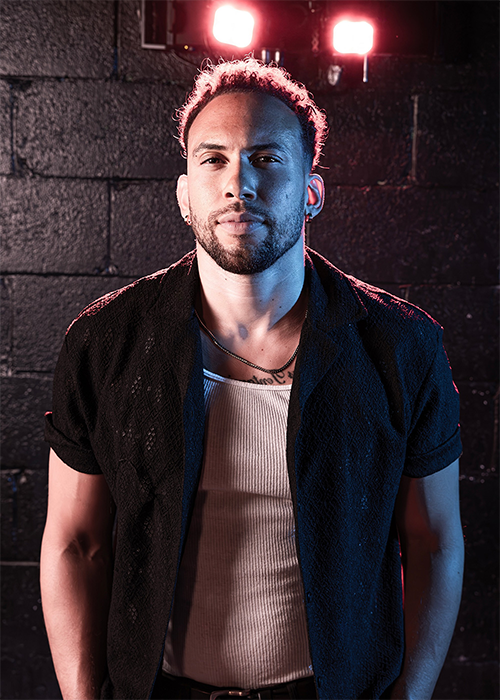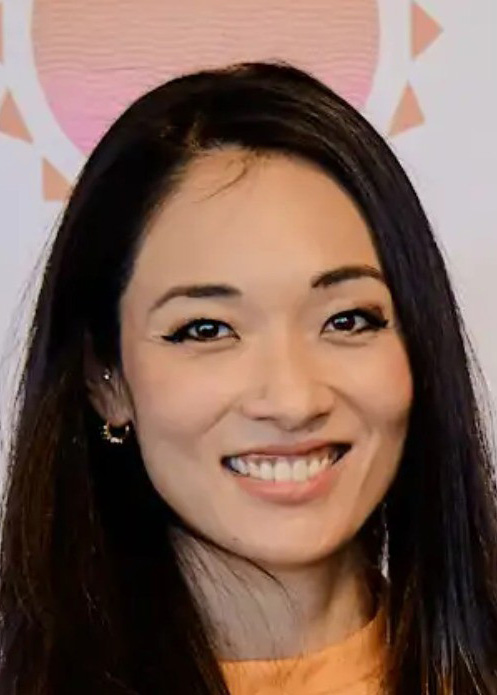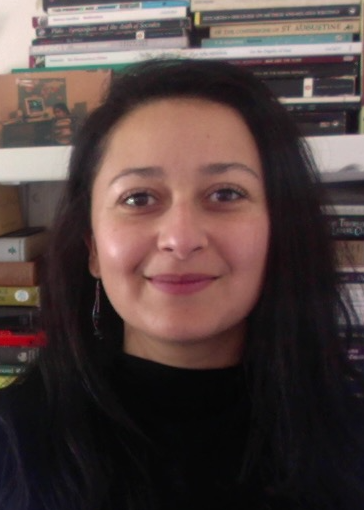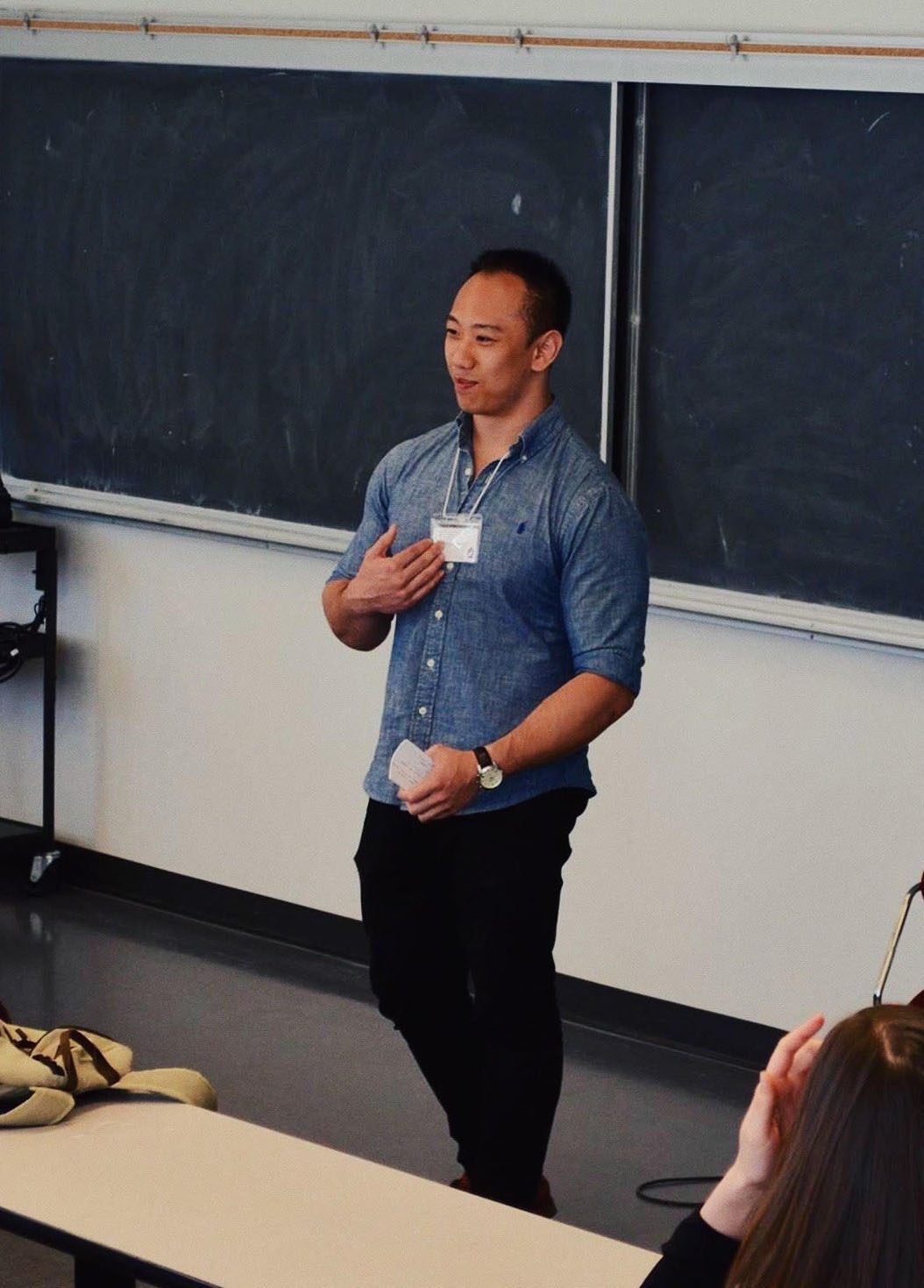Robert Dawson
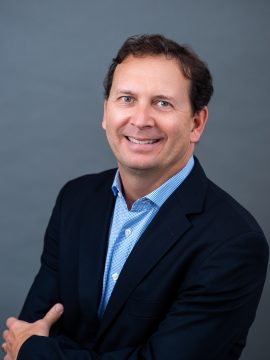
Why did you choose your program at UBC and what did you enjoy most about it?
I found the faculty and students involved with the International Relations and Political Science departments to be interesting and really diverse in their interests.
What were some of your most meaningful experiences at UBC?
After a long winter session, the rain stops and the sun comes out and you look around to take it all in. UBC is an amazing campus.
What choices did you make at UBC that contributed to your career success / journey?
When I started at UBC, I didn’t have a clear idea on what I wanted to “be,” so I took a wide range of courses in the first two years until I found the core area of study that really interested me.
What was your first job after graduation and what other jobs did you have before your current position?
After I graduated, I went to Quebec to improve my French. I originally had plans to work in the federal public service, but my first legitimate job opportunity came as a junior researcher in the Alberta provincial government. I worked my way through different political positions until I left the Legislature for a job in government relations with a public health agency. The experience I gained in government affairs, as well as my education in political science, opened doors in the private sector.
Is your current career path as you originally intended? What challenges did you face in launching your career?
My UBC Master’s thesis topic was on comparative politics in sub-Saharan Africa, and today I work for one of the world’s leading research based pharmaceutical companies. It’s safe to say my career path has evolved over time. The biggest challenge was getting the meaningful work experience that allowed me to move up to the next job.
What do you like about your current job and what do you find challenging? How does it relate to your degree?
The best part about my job is the people I work with. My colleagues are smart, enthusiastic and committed to excellence. Having a Bachelor of Arts degree probably puts me in a minority within my company, but I’m fortunate because my major was Political Science and my role involves working with government policy makers.
From your experience, what has been the value of having an Arts degree?
An Arts degree gave me the training and education to problem-solve, work in team environments, write with purpose, analyze complex situations, complete tasks under tight timelines and conduct basic research. Skills that are critical to have in today’s work force.
What advice would you give to students and alumni interested in breaking into your industry?
Most large companies and organizations can train you. They are not looking for experts. What employers seek are well-rounded, educated individuals who are enthusiastic about learning, flexible in their mindset, committed to integrity and serious about making a difference in society.
What advice would you give your graduating self?
Volunteer more … and spend less time at the Pit.
Robert Dawson



Why did you choose your program at UBC and what did you enjoy most about it?
I found the faculty and students involved with the International Relations and Political Science departments to be interesting and really diverse in their interests.
What were some of your most meaningful experiences at UBC?
After a long winter session, the rain stops and the sun comes out and you look around to take it all in. UBC is an amazing campus.
What choices did you make at UBC that contributed to your career success / journey?
When I started at UBC, I didn’t have a clear idea on what I wanted to “be,” so I took a wide range of courses in the first two years until I found the core area of study that really interested me.
What was your first job after graduation and what other jobs did you have before your current position?
After I graduated, I went to Quebec to improve my French. I originally had plans to work in the federal public service, but my first legitimate job opportunity came as a junior researcher in the Alberta provincial government. I worked my way through different political positions until I left the Legislature for a job in government relations with a public health agency. The experience I gained in government affairs, as well as my education in political science, opened doors in the private sector.
Is your current career path as you originally intended? What challenges did you face in launching your career?
My UBC Master’s thesis topic was on comparative politics in sub-Saharan Africa, and today I work for one of the world’s leading research based pharmaceutical companies. It’s safe to say my career path has evolved over time. The biggest challenge was getting the meaningful work experience that allowed me to move up to the next job.
What do you like about your current job and what do you find challenging? How does it relate to your degree?
The best part about my job is the people I work with. My colleagues are smart, enthusiastic and committed to excellence. Having a Bachelor of Arts degree probably puts me in a minority within my company, but I’m fortunate because my major was Political Science and my role involves working with government policy makers.
From your experience, what has been the value of having an Arts degree?
An Arts degree gave me the training and education to problem-solve, work in team environments, write with purpose, analyze complex situations, complete tasks under tight timelines and conduct basic research. Skills that are critical to have in today’s work force.
What advice would you give to students and alumni interested in breaking into your industry?
Most large companies and organizations can train you. They are not looking for experts. What employers seek are well-rounded, educated individuals who are enthusiastic about learning, flexible in their mindset, committed to integrity and serious about making a difference in society.
What advice would you give your graduating self?
Volunteer more … and spend less time at the Pit.
